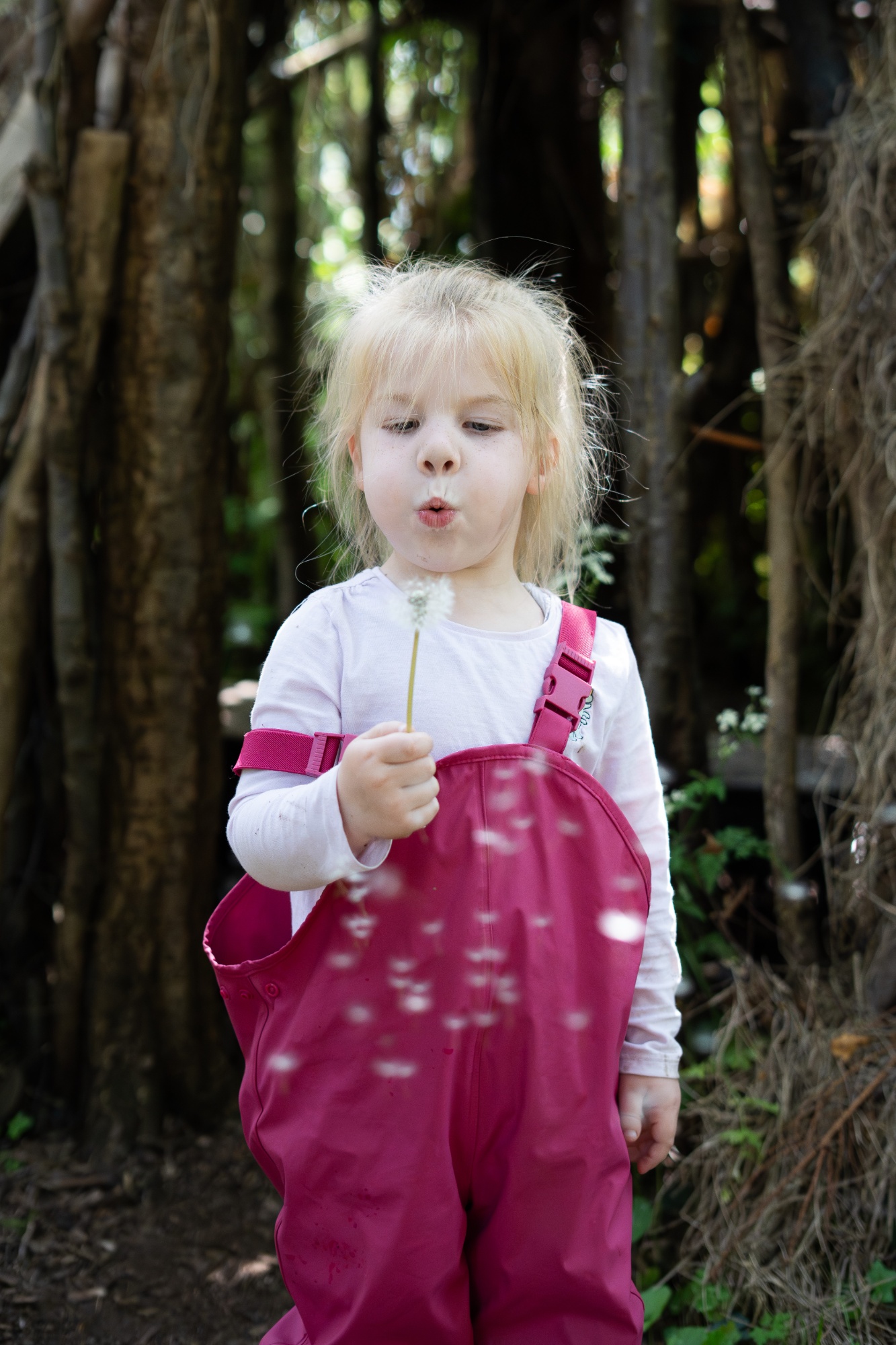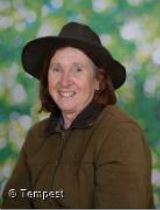Forest School

What is Forest School?
Forest School has been developed from the outdoor based education system in Scandinavia, and is all about children building self-esteem, independence and skills through exploring the natural world.
The ethos of Forest School allows learners the time and space to develop skills, interests and understanding through practical, ‘real life’ experiences. It is particularly beneficial for young children who enjoy learning by doing and those who find it hard to sit still in a classroom setting.
Children benefit from high adult ratios and experienced leadership. They learn about respect, for the natural world, rules, behaviour, team work, concentration, independence and other social skills as well as acquiring new skills using full size tools.
What do children need to bring?
All you need to provide is suitable clothing that you don’t mind getting muddy. We go out in allweathers so if it’s cold an old coat, thick jumper, fleece t-shirts/vests, two pairs of socks, and a pairof wellington boots. We do have both waterproof jackets and trousers to lend out at school, and asmall supply of wellington boots, gloves and hats if needed. In summer the children will need a sunhat, sun screen, long trousers to prevent scratches.
What will we be doing?
The Forest School routine varies depending upon the group, however it will include:
Getting changed into appropriate clothing.
- Walking to the site.
- Exploring the site.
- Tree climbing, den building and making swings.
- Having free time to follow the children’s own interests.
- Discussion about discoveries and achievements.
The child-led ethos of Forest Schools means that once at the site the children can choose what to participate in, carefully supported and encouraged by trained adults.
Adult-led activities are also offered for children to choose to do. Possible activities may include:
- Hunting for minibeasts,
- Shelter building.
- Craft making using natural materials, e.g. dream catchers, leaf crowns, clay models and witches broomsticks
- Simple tool use
- Fire building and cooking over a camp fire
Who will lead Forest School?
Forest School sessions are led by Mrs L. Williams and Mrs K. Lucas, who are also accompanied by class teaching assistants and parent volunteers.

What are the benefits of Forest School?
Forest School supports the development of the ‘whole child’.
- Health and fitness; being active in an outdoor, natural environment.
- Increased emotional wellbeing; exposure to nature provides a relaxing experience.
- Social development; communicating and negotiating with peers and adults to solve
- problems and share new experiences.
- Skills development; practising fine and gross motor skills to increase co-ordination.
- Gaining knowledge and understanding; multi-sensory, real-life learning about the world around us.
- Individualised learning; careful observation allows leaders to tailor support to children’s own interests and stage of development.
Curriculum links; Forest School supports all areas of the ‘Early Years Foundation Stage’ framework.
Many areas of the ‘National Curriculum’ and the ‘Every Child Matters’ agenda.
How safe is Forest School?
The health and safety of all children taking part in Forest School is central to the whole programme.
Forest School leaders are fully trained in risk assessment and emergency outdoor first aid.
Burlish Park Forest School has:
- a Forest School handbook
- risk assessments for each activity,
- a seasonal and daily site risk assessment,
- an emergency evacuation policy,
- trained Forest School leaders,
- DBS checked adult helpers,
- First aid and emergency equipment available at all sessions.
Activities are only introduced when the children are ready and rules and boundaries are fully established. Full training in tool use and fire lighting is provided for the children, and they are always supervised with a fully trained Forest School leader. In this way the children are encouraged and supported in learning to recognise and manage risk for themselves, a very important life skill that they can take with them into adulthood.
If you have any worries or concerns about Forest School please contact Mrs Lynda Williams/Mrs Kara Lucas.
50 things to do before you’re 11 3/4
The National Trust has published a list of 50 things to do before you’re 11 3/4. Why not download a copy and have fun with your child trying to tick off as many things as you can?

